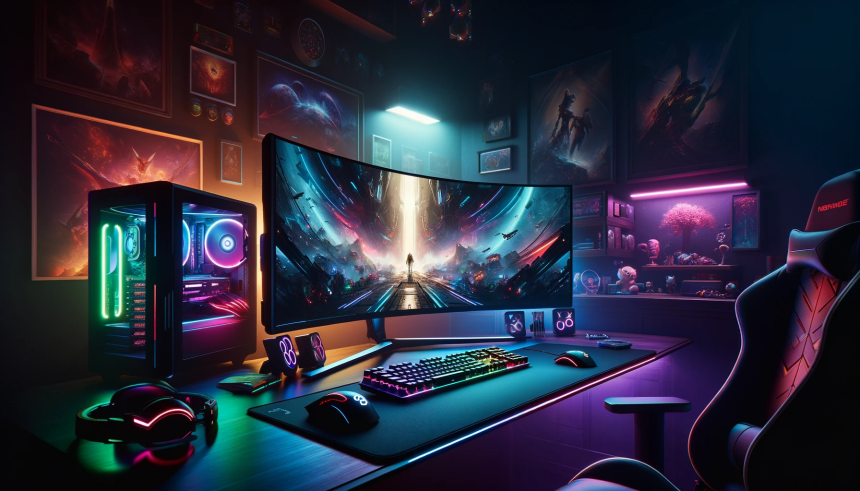Elon Musk’s venture into artificial intelligence continues to draw attention as he announced that xAI’s in-house game studio plans to launch an AI-generated video game before the end of next year. The announcement follows recent experiments with Grok, xAI’s conversational AI, which previously produced controversial and unconventional outputs. Musk’s commitment to bringing AI into the gaming industry raises questions about the true benefits AI can deliver to game development, especially considering the turbulent direction of the broader tech sector. Many observers are watching to see how such initiatives might influence established practices and company strategies in the video game market.
Past reports about Musk’s AI-focused projects have often met with skepticism. Initial claims about rapid advancements, such as promises of Tesla robotaxis, did not materialize on schedule, casting doubt on timelines for other AI-powered initiatives. Industry voices have previously questioned the depth of understanding and strategic planning behind these announcements, noting that bold statements often precede significant technical or organizational hurdles. The recurring pattern of ambitious targets and delayed or unmet delivery contributes to ongoing debate about the reliability of projected release dates and the overall impact of these ventures.
Will AI Address Industry Challenges?
Industry professionals question whether AI can resolve the core challenges facing video game development. Michael Douse of Larian Studios argued that technological advances do not address the need for strong leadership and clear creative direction in gaming. According to Douse, earlier industry standards and retailer relationships once provided guidance on quality and pricing, but declining physical retail shifted publishers’ focus to profit margins rather than collaborative innovation. He stated,
“AI isn’t going to solve the big problem of the industry, which is leadership and vision.”
What Role Can AI Play in Game Creation?
AI is being explored as a tool in game development, but observers say these systems cannot substitute for genuine creativity and interpersonal connection. As Douse explained, the tools themselves cannot drive authentic engagement without thoughtful application by human creators. He noted,
“AI has its place as a tool, but we have all the tools in the world and they… [don’t replace people].”
Developers and players alike are raising concerns about games losing distinctive qualities when artificial intelligence replaces human craftsmanship and emotional insight.
Is the Human Touch at Risk?
Some in the industry warn that overreliance on AI in video games could result in more formulaic, less resonant experiences. Human expertise and imaginative expression, many argue, are crucial for creating memorable game worlds and sustaining long-term interest. Douse emphasized mutual respect and the value of craft, suggesting that meaningful engagement comes from recognizing and supporting unique creative efforts. The sentiment is widespread that replacing human input with automated processes may diminish emotional connection and lessen the appeal of interactive entertainment.
The ongoing conversation about AI in game development reveals significant division between industry optimism and skepticism. While some AR, cloud, and AI-driven initiatives attracted substantial investment, actual results have often lagged behind expectations, fueling caution about future claims. Musk’s history of missed deadlines and other AI ventures has further fueled concerns about feasibility and the potential disconnect between promised innovation and tangible delivery. For readers considering the future of AI-generated games, it is worth noting that even as tools increase in sophistication, the intangible qualities of creativity, vision, and human input remain valued both by creators and audiences. Anyone interested in the future of gaming may want to watch not only for technical advancements, but also for how developers integrate new tools without losing sight of the core artistic and social foundations of their craft.










